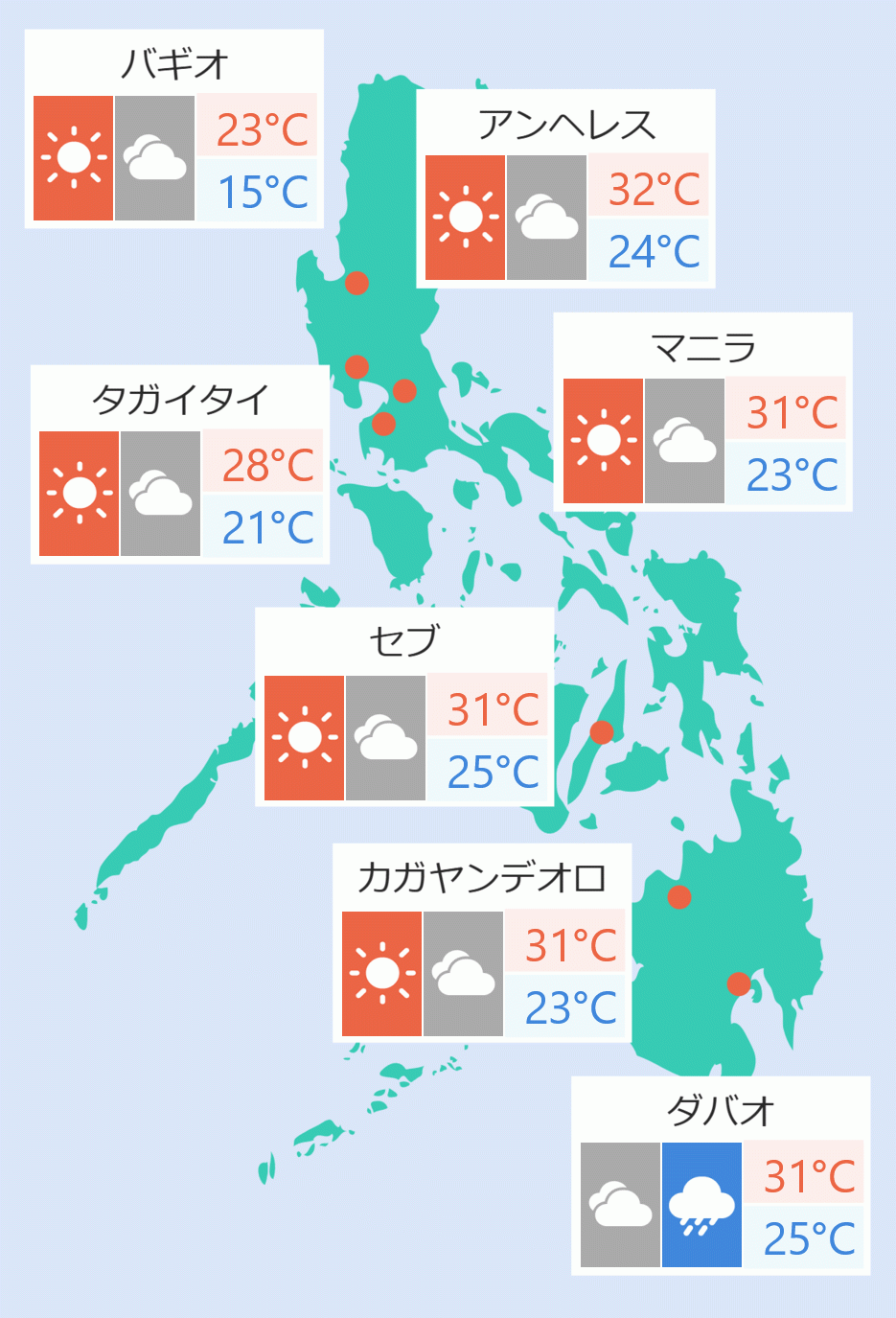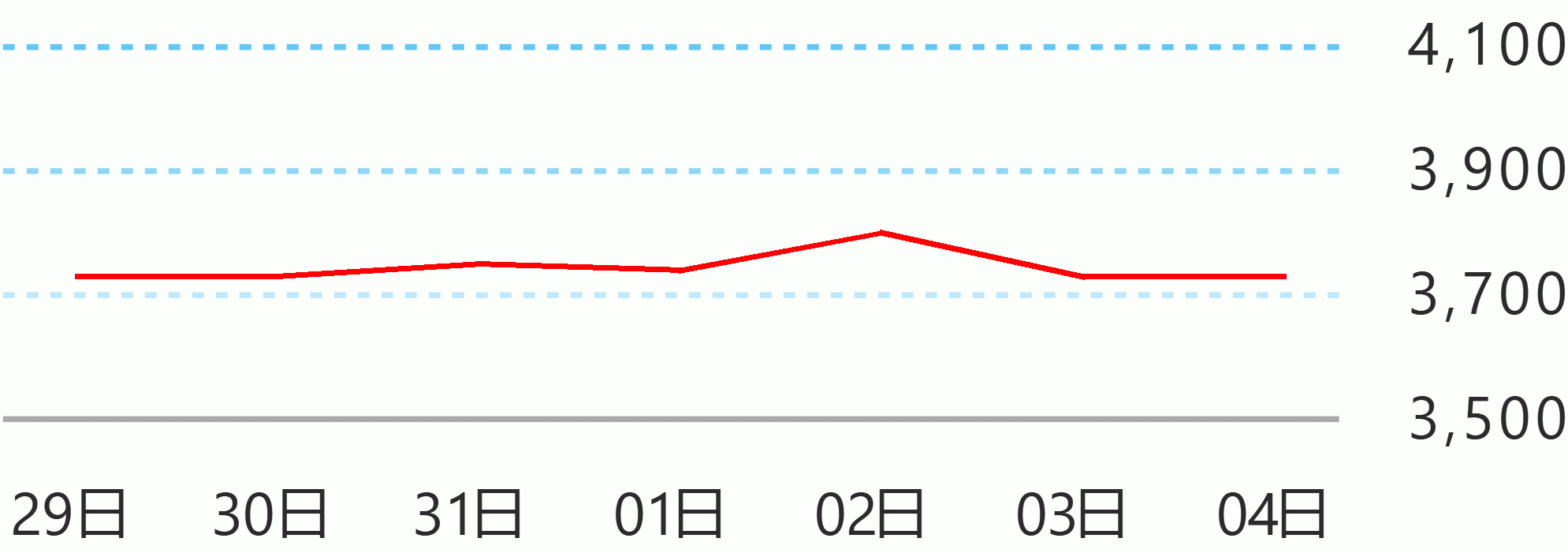CLARK, Pampanga - The Philippine government's second part of the tax reform package aims to modernize tax incentives to attract new industries, Finance Secretary Carlos Dominguez said on Friday.
In a press conference here, the Department of Finance chief said the government did not want to be stuck in the sunset industries.
"We also want to modernize and make more relevant the incentives that we are giving so that we can attract new industries to come to the Philippines. The world is changing and there are many new industries that are developing, such as robotics, data analytics, and these will take the place of artificial intelligence or machine intelligence," Dominguez said.
"We don't want to be stuck with industries that are already sunset industries," he said.
The second package of the Comprehensive Tax Reform Program that aims to reduce corporate income tax and modernize fiscal incentives to investors was submitted to the House of Representatives last January for its action.
The proposed measure targets to lower the corporate income tax from current 30 percent to 25 percent by 2022, while expanding the tax base by 0.75 percent of the country's gross domestic product.
It also aims to eliminate the so many tax incentives being given to different industries.
Assistant Finance Secretary Ma. Teresa Habitan, in an economic briefing here, explained the foregone revenue due to tax incentives amounted to P301 billion based on the 2015 estimate.
She said, to minimize leakages and distortion in the tax system, tax incentives should be given to activities with significant positive externalities as specified in the strategic investment priority plan.
"There are for items that that we want to achieve. We want the incentives to be transparent, targeted to the industries that we really want, time-bound, and we want it also performance-based," Dominguez said.
For instance, a company approaches the government and seeks for incentives because it will create some 1,000 jobs, he said it should fulfill its promise.
"You know, incentives are like money we're giving to people because we are foregoing the collection of tax. We want to make sure that the tax that we're foregoing that really comes from your pocket, are given to companies that will improve the economy, not just the company will come here and not improve the economy," he explained.
"There are companies in the Philippines which have been receiving incentives for more than 40 years. I think that's already too long," he added.
Asked how the government could meet the needs of the new industries considering the lack of high-skilled workers in the country, Dominguez said this was why the 30 percent of the revenue that would be generated from the Tax Reform for Acceleration and Inclusion (TRAIN) Act would be used for social services and improve human capital.
He said funds would be used to finance education in the country.
Meanwhile, in the same economic briefing, Socioeconomic Planning Secretary Ernesto Pernia remained optimistic the government could meet its 7-8 percent economic growth rate target in the medium term, beginning this year, surpassing the 6.7 percent growth in 2017.
"I think that's achievable," Pernia said, citing the possibility of passing all the four to five tax reform packages by the end of this year, and the implementation of huge infrastructure projects, among others.
Dominguez said of the 75 flagship infrastructure projects, 23 have already been approved and ready to commence implementation.
He said they hope to approve the remaining projects within the year. Celerina Monte/DMS





 English
English







